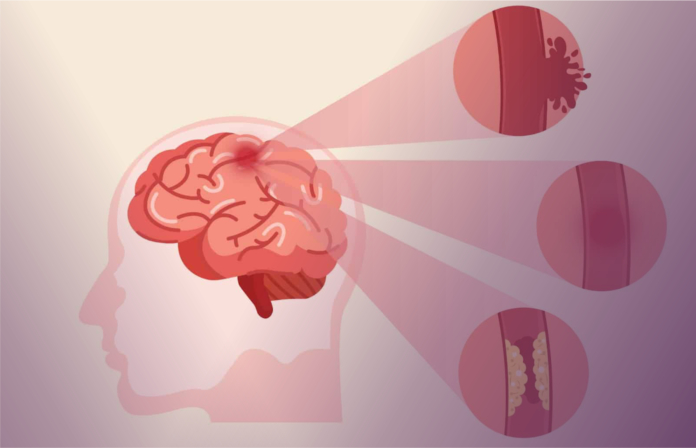Lancet Neurology research calls neurological illnesses, including stroke and dementia, the biggest global health issue. Washington University researchers and their international colleagues found that nervous system disorders are rising. This calls for immediate prevention, diagnosis, and treatment of these crippling illnesses.
The study found that neurological illnesses impact 3.4 billion individuals worldwide and that nervous system health loss is rising. Years of disability adjusted life (DALYs), which quantify illness burden, are increased by metabolic syndrome, peripheral neuropathy, and dementia. Stroke is the leading cause of disability-adjusted life years worldwide.
Due to limited healthcare budgets and the lack of therapies for many neurological diseases, experts recommend lifestyle adjustments to prevent certain diseases. The management of risk factors like cholesterol, blood pressure, diabetes, and obesity is key to preventing strokes and related diseases.
The paper also details central and western sub-Saharan Africa, which have a higher incidence of neurological illnesses due to infections and birth complications. In this sense, low-income Asia-Pacific countries have a heavier burden than high-income countries.
Thus, health systems worldwide must prioritise preventive measures, fund research to better understand neurological disorders, and implement complex measures to combat strokes, dementia, and other neurological diseases. The study emphasises the need for international collaboration and diversified measures to combat the growing pool of neurological illnesses, protect the public, and reduce healthcare costs.



